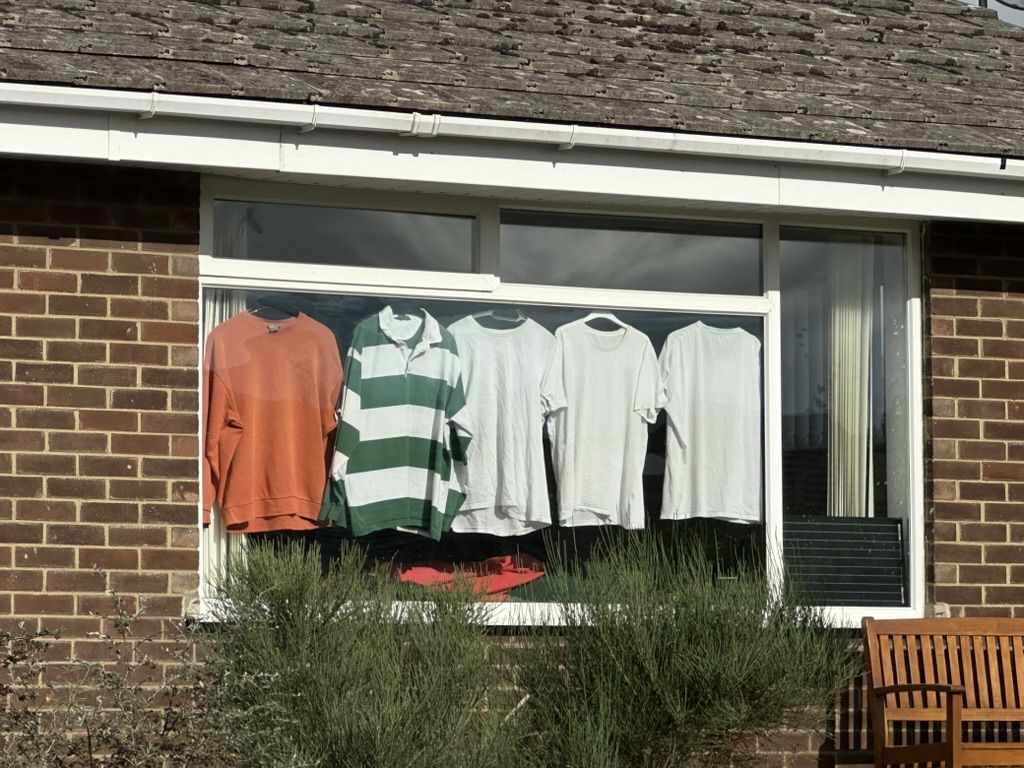The Protective Urge

I helped someone declutter their flat the other day, and I realised that at some point I started thinking differently about posessions to how I did when I was younger.
When I was a kid, I didn't have much that was mine, specifically. I had my books, I had my toys, and I had a drawer full of miscellaneous sentimental items like birthday cards from grandparents. This meant than any items I came into possession of, however small, attained an almost-mystical status and required Protecting. This is fine when you're a kid and your posessions amount to "a tiny amount of tat", but when you're an adult and you have a flat or house full of stuff, you would probably benefit from thinking about things a bit differently.
Almost universally as an adult you will have greater financial/resource autonomy than you did as a child. This means that with very few exceptions, you don't need to Protect things in the same way you once felt like you did, particularly things you don't actually use. If you've acquired something, whether unintentionally or for a specific purpose and not used it for that (or found another purpose for it), you can generally feel comfortable disposing of it.
This doesn't necessarily mean putting it in waste disposal: higher value items can be sold, lower-value items can very often be given away or recycled—though beware the "what's the proper way to dispose of [x]?" trap, a frequent refrain I heard during the declutter. If it's recycling just put it in the recycling, if it's unrecyclable, just put it in the bin. Bad though I feel about saying this, unless it's a toxic chemical or an explosive risk or something, binning it is preferable to spending a non-trivial amount of time agonising about proper disposal methods. (Stop finding excuses not to do the declutter.)
"But I might use this for something!" If you're not actively using it (or it's not something that has known, specific (e.g. seasonal) uses) you're not using it. If you want to do the thing that the item facilitates in future, you can almost always acquire another trivially. In my observation the cost of the item is pretty much entirely uncorrelated with the Protective urge. In fact, many of the items that seem to fall into the category of Protection are extremely trivially-replaced items like USB cables that came with mobile phones or similar; cheap things that weren't even intentionally acquired.
I know this feeling very well myself but I'm not quite sure why these items should attract this feeling: a sense that they are in some way part of a more valuable item? that not having chosen to acquire them they attain a status akin to a gift of which it would be rude to dispose? I understand how it happens with e.g. clothes—you buy something you want to wear and it doesn't quite suit you in the way you'd hoped or work with the rest of your wardrobe or whatever; it becomes part of an imagined, aspirational version of you that you hope to be able to embody someday. I don't think anyone's feeling that about USB-C cables.
All this isn't to say you shouldn't have a sentimental attachment to certain things or value them! It's to say you should probably identify which things you really have a sentimental attachment to and which things you just like the idea of having around. Everyone will struggle with things differently. I have a hard time getting rid of books. Your goal (in my opinion) is to have a bit less stuff than you have the space for, and try, as best you can, to get rid of stuff in proportion to acquiring further stuff so as to maintain equilibrium. You can almost always get by with a lot less tat than you have.